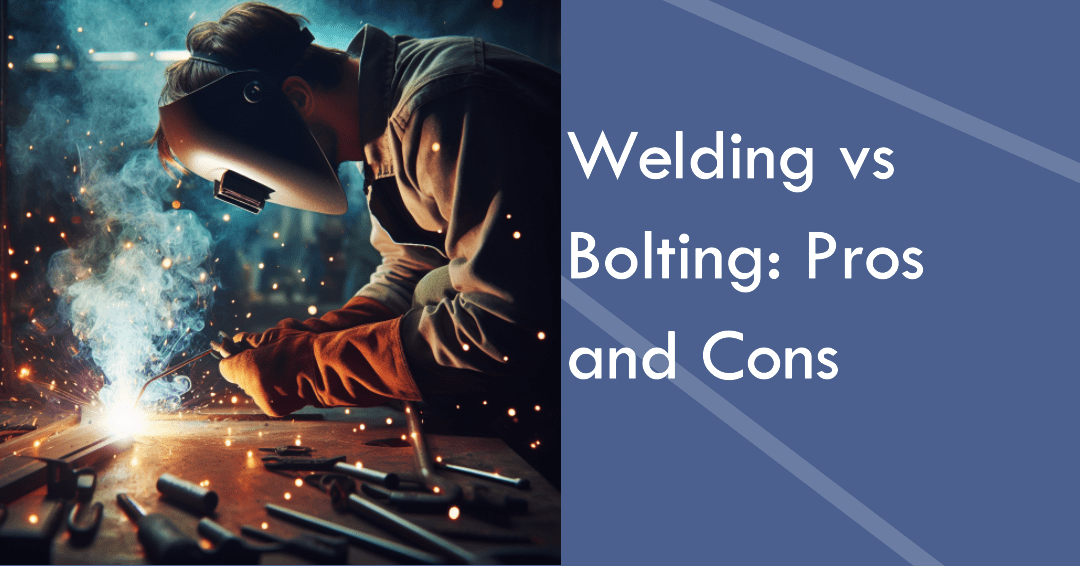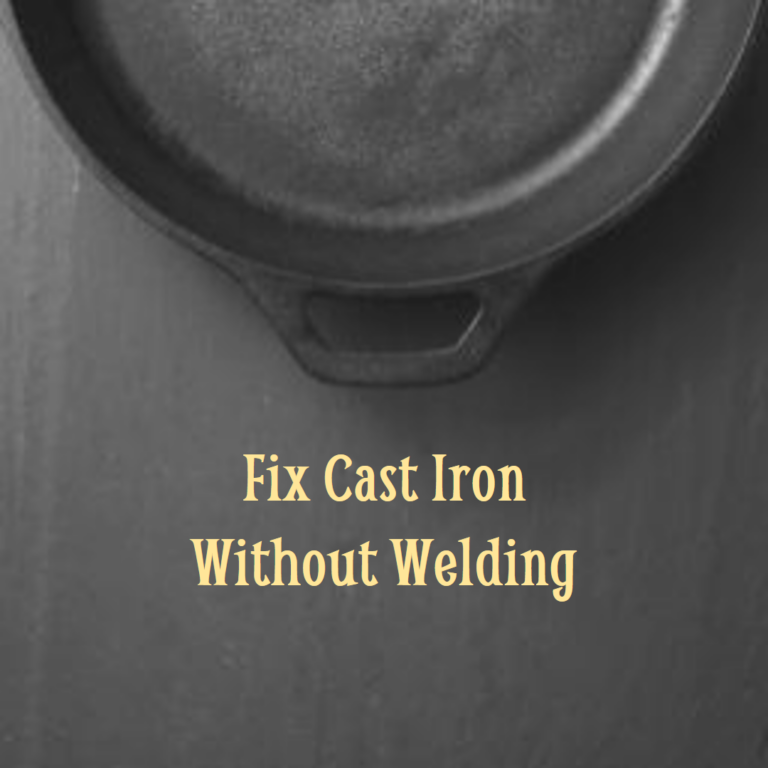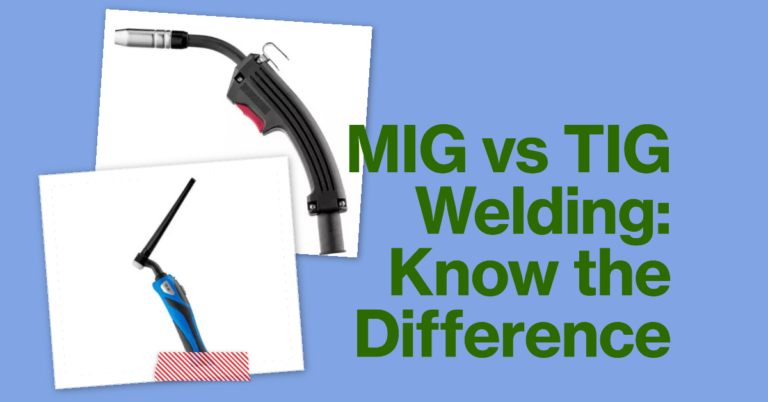When building a structure, various components come together to hold them with each other. These materials may be wood, metals, glass, or something other according to requirements.
Similarly,
The joining materials are as diverse as the type of components to be joined.
Generally speaking,
These may be nails, glue, welding, bolting, riveting, or something other.
Welding vs Bolting is the topic of interest here as the two very common fastening processes. Both come with unique applications and advantages. On the same side, the limitations of these processes are not so intense to bother you.
Welding vs bolting Advantages & Limitations
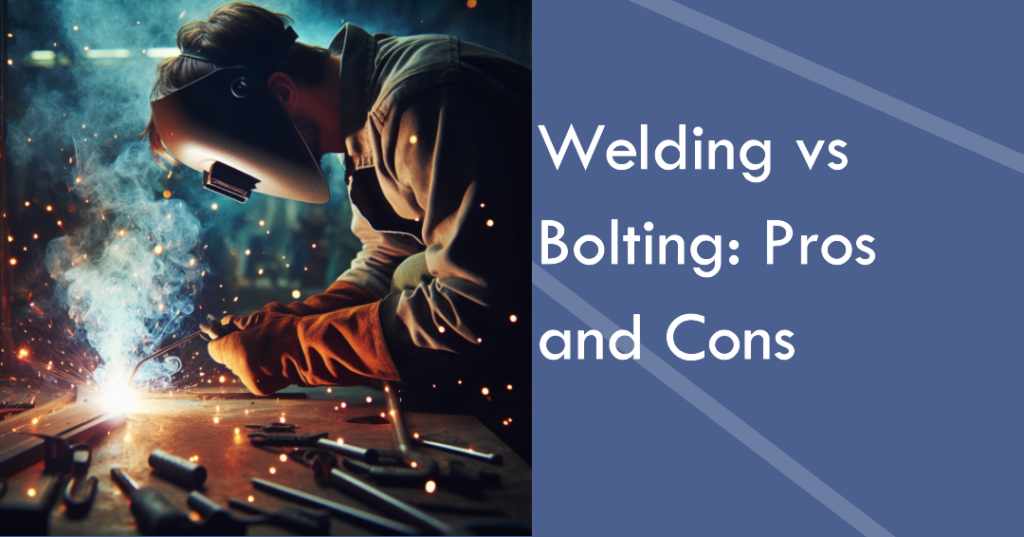
Welding
Welding is basically a healing process that lets the melting of two joining metals followed by a strong bond formation.
There are different types of welding processes including TIG and MIG welding. To illustrate, each type is unique in polarity and current.
Best of all,
The welding joints are very strong as two different metals become one at the point of attachment. The strength is a unique factor that makes welding different from others.
But, thin metals may be affected by the heat like stainless steel.
Advantages of welding
Welding comes with the following positive points;
- The welded joint is too strong for other processes like soldering and brazing.
- The welding process is not difficult to see with the help of protective glass and a helmet.
- The welded part gives a nicer finish followed by grinding and painting.
- The welding process is not time-consuming and gives fast results.
- The bond produced by welding does not affect by high temperature.
Limitations of welding
The common limitations followed by welding are as follows;
- Welding demands skills for good results.
- Two different metals are difficult to join by welding due to their different melting points.
- The chances of corrosion increased by the welding.
- Extreme heat negatively affects thin metals.
You may also check the Best TIG Welders for the money.
Bolting
Bolting is a different procedure that interlocks threads or nuts to fasten the element in place. Plus, tension and shear joints are two different bolting types in this field.
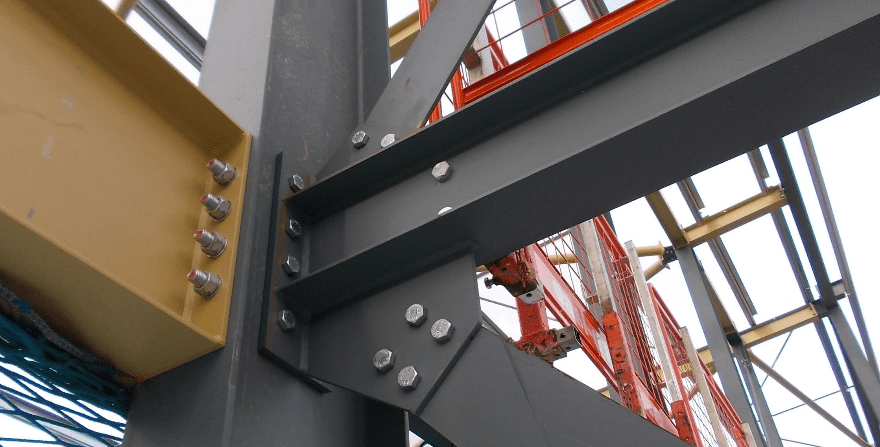
Amazingly,
Bolting has beaten the other fastening procedures in terms of its applications. Consequently, there is a large number of applications of bolting. Moreover, nuts and washers are used to entertain this procedure.
So,
The bolts may use permanent or temporary according to your work requirement.
The strength may also vary from permanent to semi-permanent.
What for thicker metals?
For a thick layer of metal, you have to arrange equally large bolts that need drilling holes of the same size to fix it. While the thin metal layer is easy to manage.
Advantages of bolting
The bolting comes with the following useful advantages;
- Bolting is a very versatile procedure that offers a large variety of applications. According to your work, you can select the bolting style.
- To securely fasten the two different components, bolting works as a quick and good selection.
- For welding, a sufficient level of skills is needed to drill holes and proper welding, while bolting does not demand these complex steps. Alternatively, it is too simple to welding.
- The bolting process is not complicated and does not demand specialized skills.
Limitations of bolting
No doubt, bolting is very simple and comes with a large variety of applications, yet it comes with some lighter limitations. The most prominent are;
- Moving parts adorned by bolts may get loosen with time. So, they need time to time fitting.
- You know, bolts are replaceable. This practice might be difficult sometimes.
- At the time of installation, bolts may have thread strips.
- Older bolts may show the behavior of seizing and might be difficult to remove. This issue may be fixed by anti-seize material.
Wrapping up
Although the mentioned processes are entirely different processes with a common aim, we have discussed welding vs bolting due to their increasing trend at Google. Both are good to use in different scenarios. So, you cannot judge which one is better than the other.
Where welding fails to give the required results, bolting comes at hand.
You are wondering where welding might fail?
Well, super-thin metal layer like stainless steel and corrosion-sensitive metals says welcome to bolting than welding.
No doubt,
At the same time, welding is difficult to defeat in other scenarios where the strongest bond is the main concern.
Finally,
The selection of these two processes depends on your work requirement.

